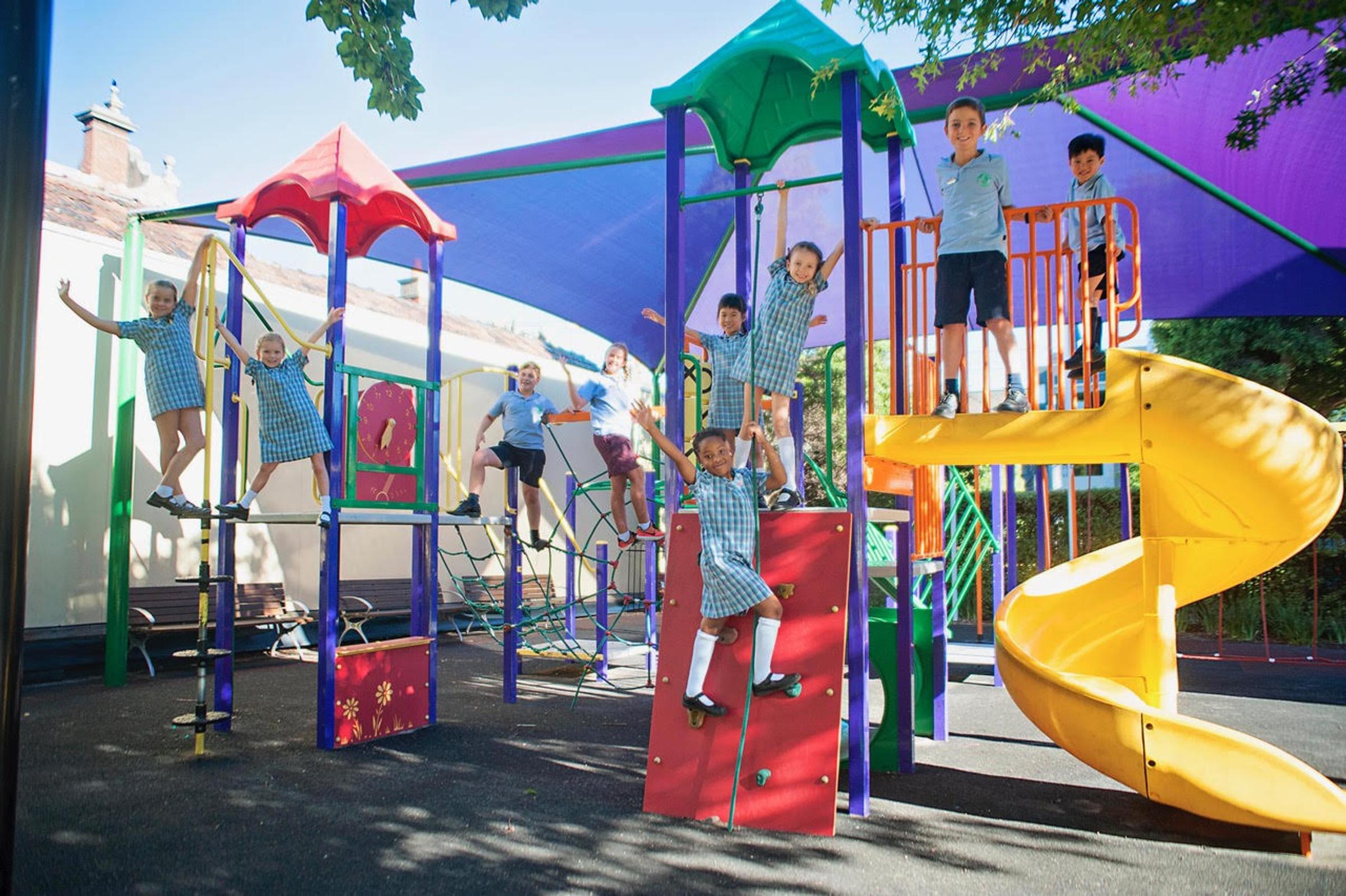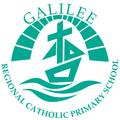Wellbeing & Diversity

National Consistent Collection of Data
As you are aware, we are putting many new processes into place at Galilee this year, based on the principles of best practice and influenced by the new funding system implemented by the Federal Government, the National Consistent Collection of Data (NCCD).
In the past, children who have been diagnosed with additional learning needs were funded individually and supported accordingly. Within the new funding system, funding is allocated to the school for all of our children with additional needs. The school is responsible for allocating support based on the perceived or diagnosed needs of each child listed in the data. Children without official diagnoses are able to be funded through this new system.
Through the NCCD, some children are classified as requiring quality differentiated teaching practice (QDTP), whereby the teacher provides support within the classroom through specific modifications to programmes and adjustments to normal classroom practice. No funding is allocated to children for whom such adjustments are made.
There are three levels of adjustment in the new system for which funding is provided through NCCD at varying levels to provide additional staffing support for children in need – Supplementary, Substantial and Extensive. Supplementary funding is provided for children requiring additional support in one or several areas of curriculum and daily school life for some of the time. Substantial funding is provided for children requiring support in several areas of curriculum and daily school life for much of the time. Extensive funding is provided for children requiring support in all areas of curriculum and daily school life all of the time.
All children receiving funded support (Supplementary, Substantial or Extensive) require a Personal Learning Plan outlining individual goals for each term, which will be sent home for parent perusal and input. The document must be signed by the parent and involved staff. Regular communication with the classroom teacher and/or Learning Diversity Leader regarding the PLP is recommended. Communication can be via email, phone or face-to-face and is always welcome. Goals are evaluated at the end of each term.
Under our new model, Programme Support Group meetings (PSGs) will be conducted for students requiring Substantial/Extensive support. We are planning to hold formal PSG meetings twice yearly only, at the end of First and Third Terms. Updated goals/Personal Learning Plans for students will be sent home each term and parent involvement expected and welcomed in the co-construction of these. Ongoing communication will be maintained via email, phone and/or face-to-face conversations as required.
Children requiring Supplementary support will be provided with a Personal Learning Plan as outlined above, but individual PSG meetings will not be timetabled. Information sessions will be scheduled each term to discuss intervention goals and processes (Parents will be advised of dates/times of relevant meetings). Parents are welcome to request a PSG meeting at any time.
I would appreciate any parental feedback about our new system, as we refine and improve it. Please feel free to email me with your thoughts and/or concerns at jferris@gsmelbournesth.catholic.edu.au
Today at school....
This article talks about how we can build our children's language and communication skills through a daily recount of the school day. Enjoy!
Learning Support at Galilee
At Galilee, we have seven LSOs across the school, as well as a volunteer LSO who works on Fridays. Five of our LSOs are full time and two work for two days each.
Every class is supported by LSOs throughout the week, with time being allocated according to the number and level of need in each class. Junior classes generally are allocated a higher number of hours of support than senior classes. The following allocation has applied in Term 2 this year:
Prep B 14.5 hours
Prep E 25 hours
Prep S 10 hours
1C 9.5 hours
1F 17.5 hours
Yr 2 12 hours
Yr 3 13 hours
Yr 4 12.5 hours
Yr 5 11.5 hours
Yr 6 10.5 hours
Allocation will be altered in Term 3 to reflect changing needs in classes. For example, more hours will be allocated to Year 1 in Term 3 to support students in Number and Writing; the progress shown by children in Years 2, 3 and 4 in Spelling and Number Intervention means we can decrease the time allocated in those year levels for Term 3.
At Galilee, we run a number of specific intervention programmes, such as Number Intervention, Social Skills and Spelling Intervention. Various LSOs are allocated to each intervention, based on their skills, training, experience and interests. For example, Sharon Cameron is in charge of Social Skills. Sharon is a qualified counsellor and has many years of experience with the emotional needs of children. Others have trained in Number and/or Spelling Intervention.
LSOs are allocated for a portion of each day to interventions, at which time, children are generally withdrawn from the classroom for 20-30 minute intervals, several times each week. The LSOs assess the children before and after each intervention programme (often a term), in consultation with me as Learning Diversity Leader. A programme for each intervention is developed based on the assessment data.
For the remainder of each week, LSOs are timetabled to assist in classrooms. Within each classroom, LSOs work with classroom teachers based on the needs within the class. Often, LSOs work with children requiring support to work at the expected level. Other times, the LSO might work with high-achieving children, or children working at the expected level of the grade. The classroom teacher and LSO work together to meet the needs of every child in the class and this will vary from classroom to classroom.
We are very proud of, and grateful to, our wonderful team of Learning Support Officers, who provide flexible, targeted support across the school. We thank our wonderful team for the difference you make at our school!
Contact me at jferris@gsmelbournesth.catholic.edu.au for more information about our learning support and/or intervention programmes.
